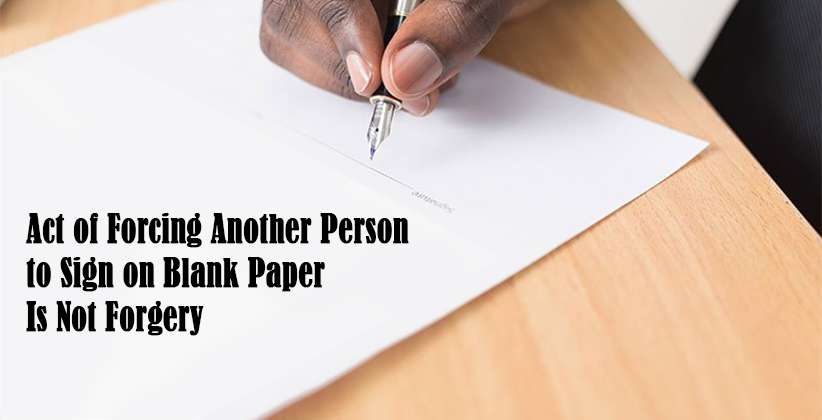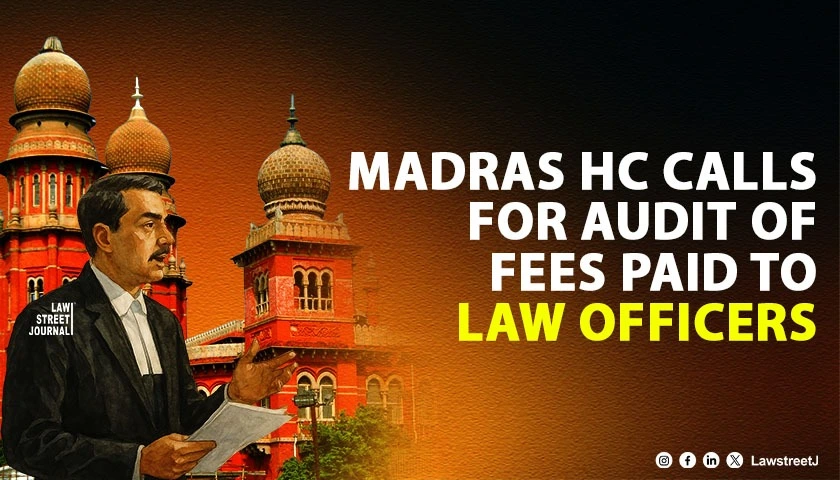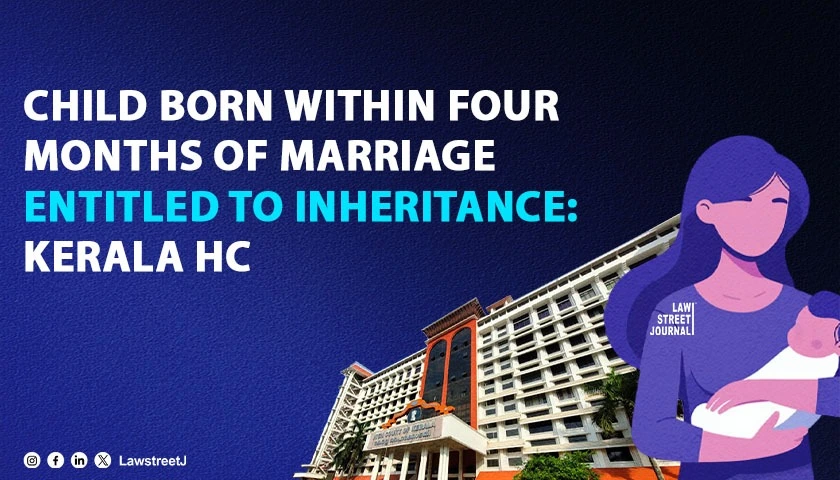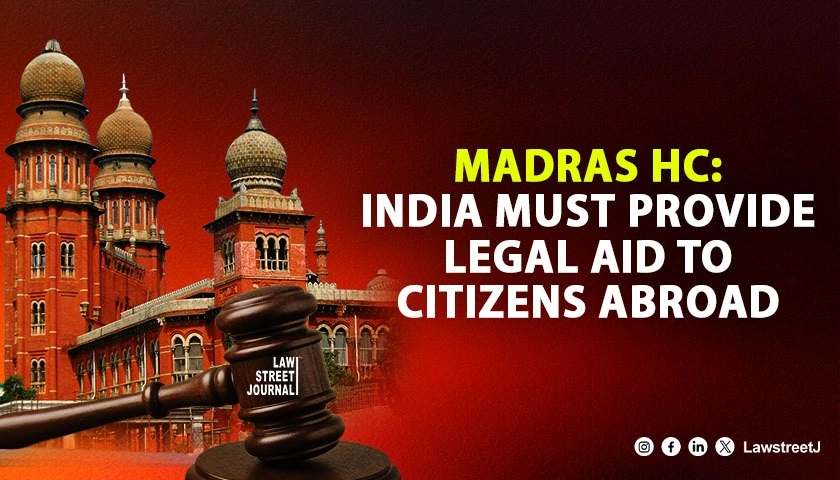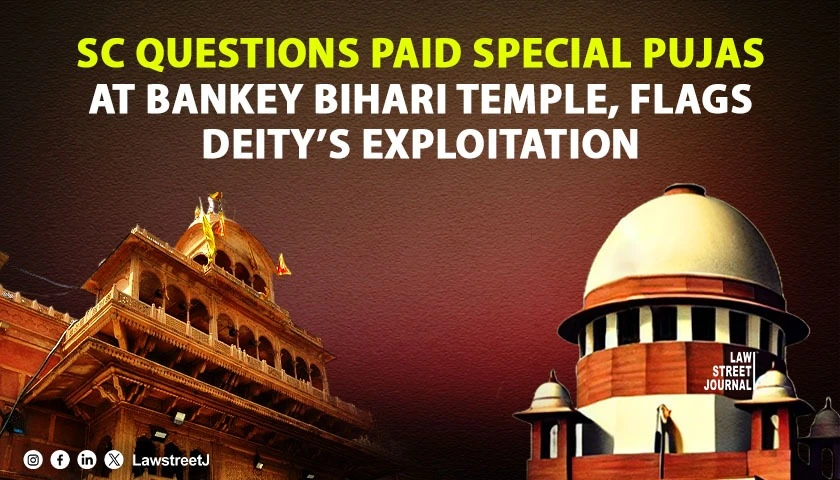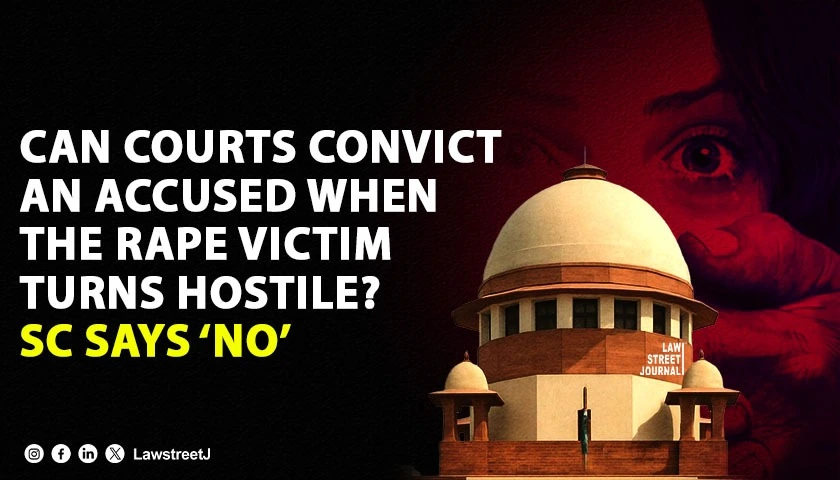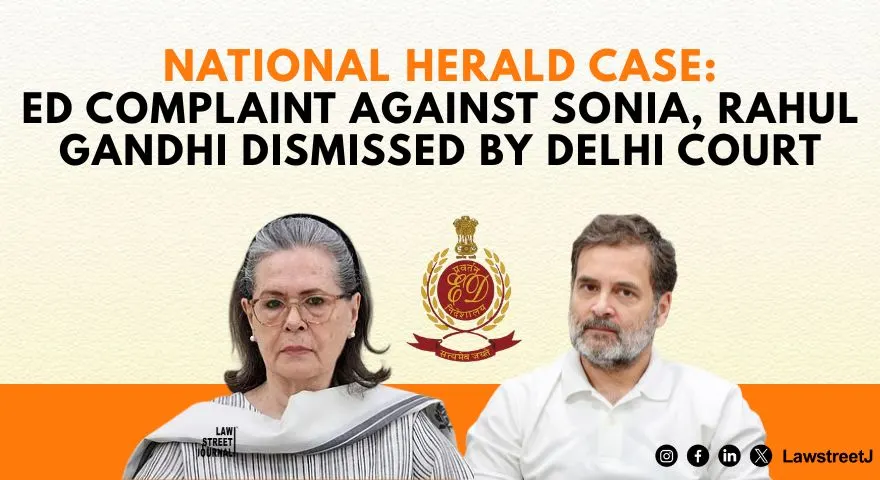A Single Judge Bench of Justice V. G. Arun of the Kerala High Court, in the matter of Nisar v. the State of Kerala, while acquitting appellant of all the charges, held that it is doubtful whether the act of putting a signature on blank paper can be termed as an expression or description of any matter intended to be used as evidence of that matter and thereby, bringing it within the meaning of document under Section 29 of Indian Penal Code, 1860. The Judgment to this effect was passed on June 04, 2020.
Background of the case:
The appellant was convicted by the Additional Sessions Court (Fast Track-I), Thiruvananthapuram for the offenses punishable under Sections 365, 395, and 468 of IPC. Out of the 7 indicted accused, the first accused was absconding and the case against him had to be split up. Accused Nos. 2 to 7, faced trial and the appellant alone was convicted while the others
were acquitted for want of evidence.
The prosecution case was as follows:
On June 22, 2001, at about 8.15 PM, while prosecution witness-2 (PW2) was riding on his motorcycle, a Maruti Van blocked the motorcycle at Bakery Junction and six men who got out from the van, forced PW2 into the Maruti Van and the vehicle drove off. The vehicle stopped at a secluded place and PW2 was forced to put his signature and thumb impression on blank and stamped papers. The vehicle moved again and had to stop due to traffic congestion. Utilizing the opportunity, PW2 jumped out and straight away went to the General Hospital, an FIR was registered the same day. For want of evidence, other accused were acquitted but the appellant was convicted due to recovery of a signed stamp and blank papers from him. As a matter of fact, he had voluntarily produced the material objects before the investigating officer, after his arrest (while in custody).
The judgment of the Court:
The main issue before the Court was whether production and consequent seizure of signed stamp and blank papers can be brought under the ambit of evidence admissible under Section 27 of the Indian Evidence Act, 1872.
Section 25 of the Evidence Act makes any confessional statement given by an accused before the police inadmissible in evidence. When it comes to Section 26 of the Evidence Act, the rigor of the prohibition against proving the confession made by a person whilst in police custody is relaxed to the extent of making such confession admissible, if made in the immediate presence of a magistrate. Under Section 27 of the Evidence Act, which is more like a proviso to the earlier two Sections, so much information received from a person accused of any offense and in the custody of a police officer can be proved, if such information leads to the discovery of any fact in issue.
The Court relied on Mangu Singh v. Dharmendra and another [(2015) 17 SCC 488], where the Supreme Court had held thatonly that portion of the statement of the person in custody led to the discovery/recovery of a material fact/object is admissible in evidence. Here, the recovery of a stamp and blank papers were not on the basis of thestatement made by the accused, and on the other hand, it was the accused himself who had voluntarily handed over the papers to the investigating officer.
The Court further observed that,
The appellant had voluntarily taken the documents from the house and produced it before the investigating officer, stating that those were the documents on which PW2 was forced to affix his signature. This statement would undoubtedly amount to a confession made by the appellant while in police custody and consequently, the prohibition under Section 26 would apply.
Regarding the appellants conviction under S. 365 of IPC, the court laid down two limbs of Section 365 i.e. (i) the victim should have been abducted or kidnapped and (ii) such abduction or kidnapping should have been with intent to secretly and wrongfully confine the victim. Both limbs having been used conjunctively, in order to attract the offense under Section 365, it is necessary that the victim should have been abducted with intent to wrongfully and secretly confine him/her, the Court observed. The second limb of Section 365 was not proved by the prosecution, hence, the Court held that conviction of the appellant under Section 365 could not be sustained.
Regarding the appellants conviction under S. 395 of IPC, the Court explaining the difference between theft, robbery, and dacoity, observed that robbery is the aggregated form of theft and would transcend to the graver offense of dacoity when the robbery is committed by five or more persons conjointly. From the evidence, the Court found that the ingredients for attracting the offense of robbery punishable under Section 392 of the IPC were present but, for the robbery to be termed as dacoity, the act of robbery or its attempt should have been made by five or more persons conjointly. In the present case, due to acquittal of all accused, other than the appellant and the absconding accused, the number of offenders had reduced to two. Relying on Om Prakash v. State of Rajasthan [1998 SCC (Cri) 696],the Court held that the Trial Court could not have convicted the appellant for the offense under Section 395.
Regarding the appellants conviction under S. 468 of IPC, the Court observed that the punishment under Section 468 is imposed when a person is found to have committed forgery, with the intention of using the forged document or electronic record for the purpose of cheating. Forgery under Section 463 means making any false document or false electronic record or part of a document or electronic record, with intent to cause damage or injury to the public or any person, or to support any claim or title, or to cause any person to part with property, or to enter into any express or implied contract, or with intent to commit fraud or that fraud may be committed. The two essential elements of forgery contemplated under Section 463 are (i) the making of a false document or part of it, and (ii) such making is with such intention as is specified in the Section. What amounts to making a false document is stated under Section 464.
In this regard, the Court held that the act of forcing another person to sign on blank papers does not amount to making a false document. Relying on the definition of Section 29 of IPC and Section 3 of the Evidence Act, the Court held that, in order to term a substance as a document, some matter should have been expressed or described on that substance by means of letter, figures or marks and such matter should be intended to be used as evidence of that matter, which was not the case in this matter.
Allowing an appeal, the Court acquitted an accused under all the charges of Sections 365, 395, and 468 IPC.

